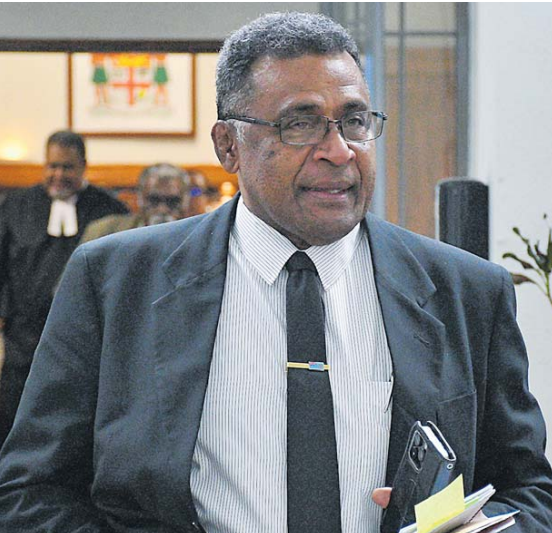DEMAND for building approvals remains strong, with the Ministry of Local Government receiving 2186 building permit applications nationwide from January to November 2024, covering planned projects worth $1.16billion.
Minister for Finance, Commerce and Business Development Esrom Immanuel highlighted this in Parliament yesterday while updating the House on the Government’s ongoing efforts to improve the Ease of Doing Business (EoDB) in Fiji.
“This is a significant volume of development, covering homes, offices, factories, and hotels,” Mr Immanuel said.
“Importantly, about 25 per cent of these applications were for commercial, industrial, and tourism projects, which are essential for economic diversification and post-pandemic recovery.”
He said currently, construction permits in Fiji took 160–170 days on average, creating a major barrier to investment and economic activity.
“The second cornerstone of our EoDB reforms is the Building Permits Approval System (BPAS). This is one of Government’s most complex reforms, as construction approvals involve many agencies, councils, inspectors, utilities, regulators, and professionals.
“BPAS will introduce a unified, end-to-end online system with realtime tracking, digital plan submissions, simultaneous reviews, and clear service timelines for every agency.”
Mr Immanuel said BusinessNOW Fiji, the Government’s flagship Ease of Doing Business program, was also at the centre of their reforms.
“Built on the Fiji Integrated Licences and Permits Approval System (FILPAS), the BusinessNOW Fiji connects multiple government agencies into one digital ecosystem so that businesses and investors can deal with the government through a single, modern, transparent interface.
“This whole-of-government platform is a key commitment in our National Development Plan and DigitalFIJI initiative.
“It moves Fiji away from fragmented, paper-based processes towards a unified “one country, one system” model for business services.”
He said improving the ease of doing business was not merely about being competitive in global rankings; it was about giving people the opportunity to participate in economic activity without having to navigate unnecessary barriers.



